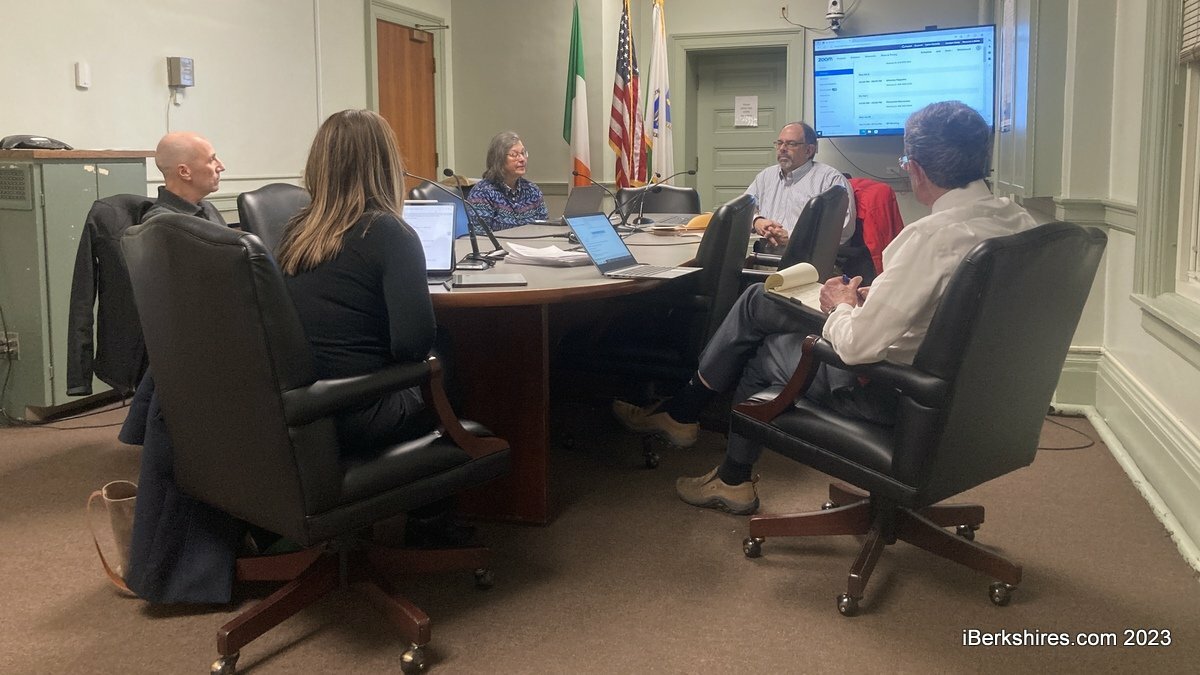
Pittsfield Cable Committee to Vote on Spectrum Contract Attorney
PITTSFIELD, Mass. — The Cable Advisory Committee wants more information on pricing before choosing an attorney for the Spectrum contract renewal.
On Thursday, the panel interviewed two candidates, Stoneham attorney William Solomon and Boston attorney William Hewig, and voted to push the decision to a special meeting this week. Both specialize in cable negotiations.
Solomon offered a rate of $200 per hour and Hewig, $300 per hour and $150 per hour for the paralegal. Committee members would like an estimate of the total fees so they can make a well-informed decision on legal services.
That recommendation will go to Mayor Linda Tyer and City Council.
"I think the level of knowledge for both candidates is superior and obviously they are very well versed in the law and have significant experience means so I don't think that's an issue really at all," said Shawn Serre, executive director of Pittsfield Community Television.
"It's really more of philosophy and approach that I think that we'd be selecting on and then of course, the numbers and the hours."
The panel was reconstituted in December. Pittsfield’s 10-year contract ends in September 2024 and it is recommended that the contract negotiations take place over 12 months.
Before September of this year, the committee will gather feedback from the community on what is and is not working with Spectrum and any additional needs.
Solomon explained that he would have a two-tiered approach.
"The two tiers are we're going to do everything that we need and more to convince Charter [Communications] that they need to meet your reasonable needs," he said.
"But if they don't do that after we do all this and have the hearings and negotiate, then we go to step two, which is like preparing for litigation."
He proposed having three public hearings: one for department heads, one for the schools, and one for the public.
"The big task of ascertainment is to figure out what you want over the next 10 years. That's our task, that's your task, and doing that will require some homework," Hewig said, joining the meeting over Zoom.
"One of the other things that I always mention here is that it's not just public access that can benefit, not just the access studio or the access folks and the channels that benefit but the city itself can benefit from cable-related funding that it could get out of the license."
He also suggested communicating with department heads and the schools to see what their needs are and suggested having the public hearing right before going into negotiations.
There was a mix of urgency to get the ball rolling and hesitation about choosing an attorney without more financial information. Ward 6 Councilor Dina Lampiasi pointed out that the council would likely not agree to hire one without a budget.
"I think knowing more about pricing will be extremely helpful to us, especially in making the argument in the end," she said.
"If we go with the more expensive being able to argue why we chose that and if we go with the less expensive also be able to make that case, obviously."
City Solicitor Stephen Pagnotta said the attorneys should have a sense of what it will cost based on the size of the community.
The panel will vote this Thursday at 6 p.m., which gives time to put the request on the City Council budget. In the meantime, it will request an estimate of the scope of work and price from the attorneys.
Tags: cable television,















